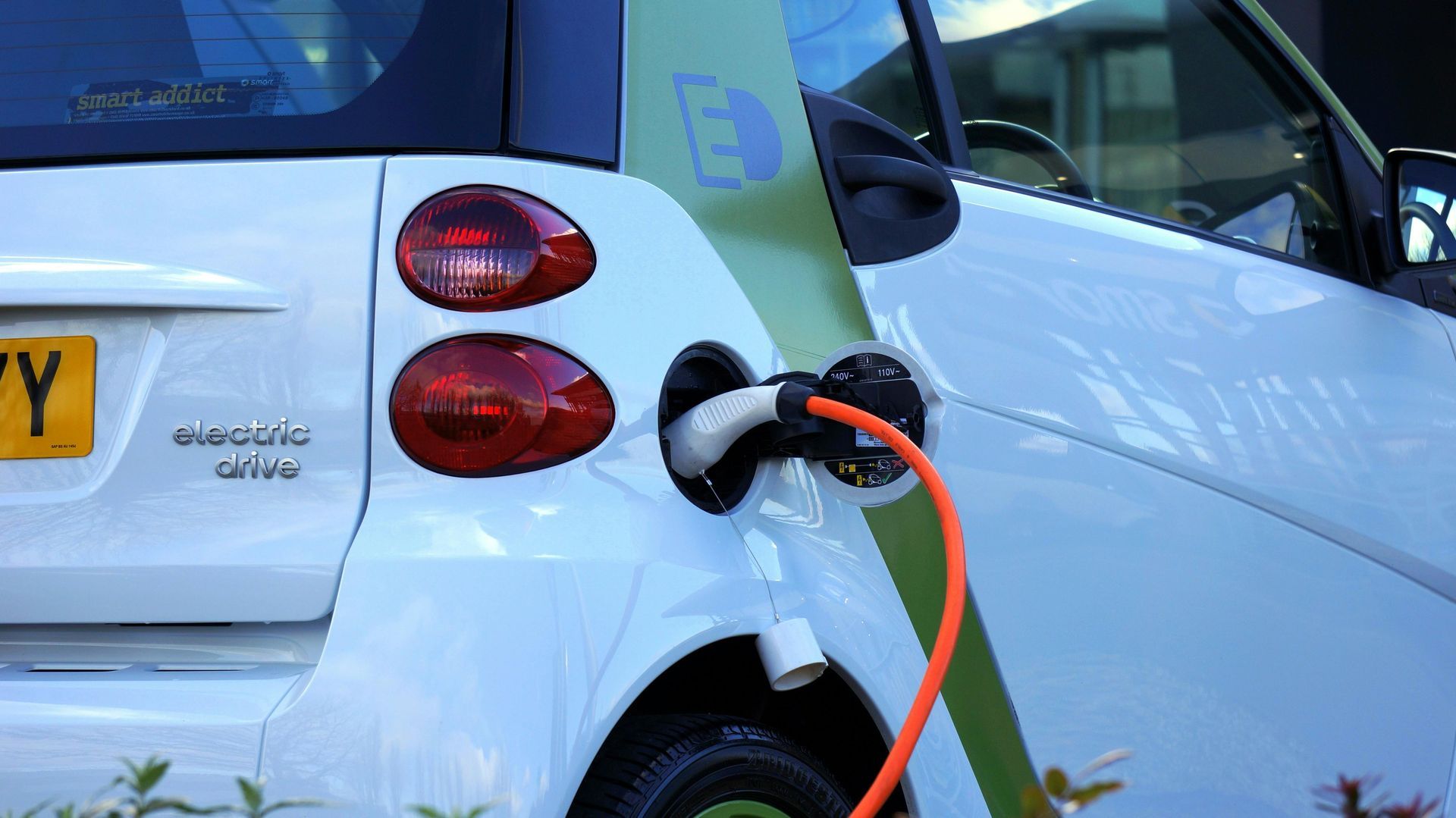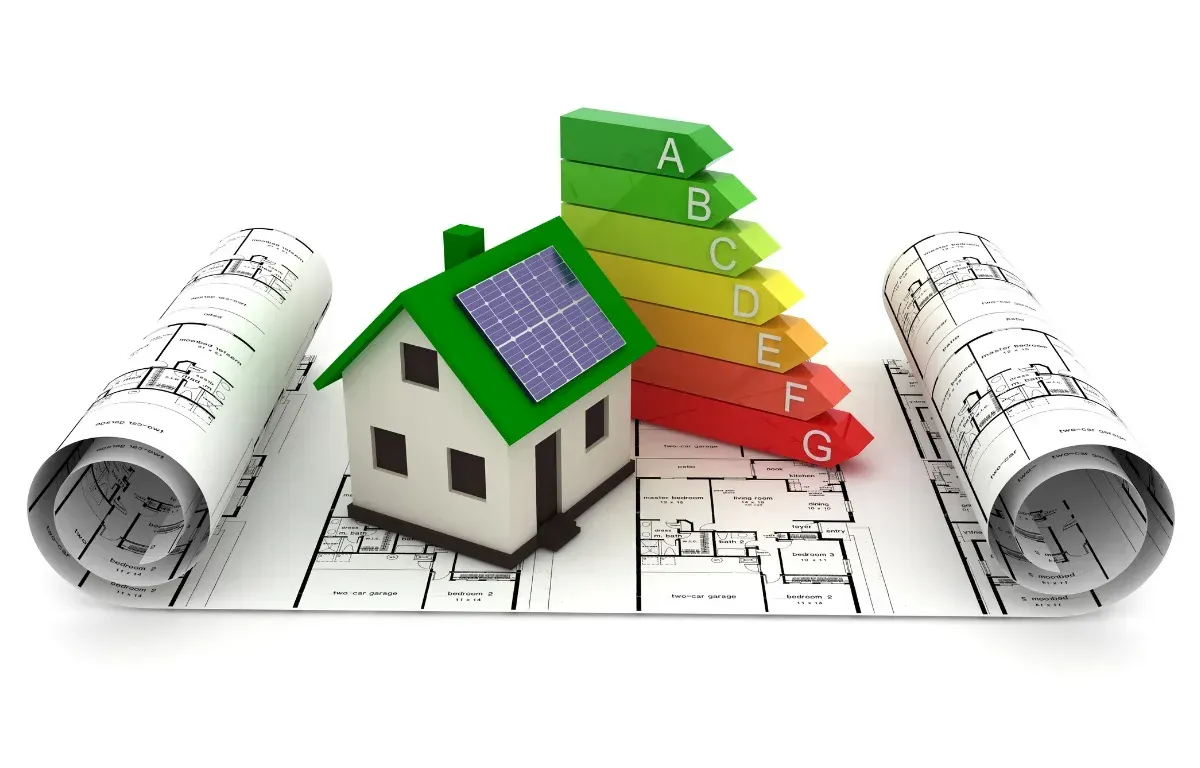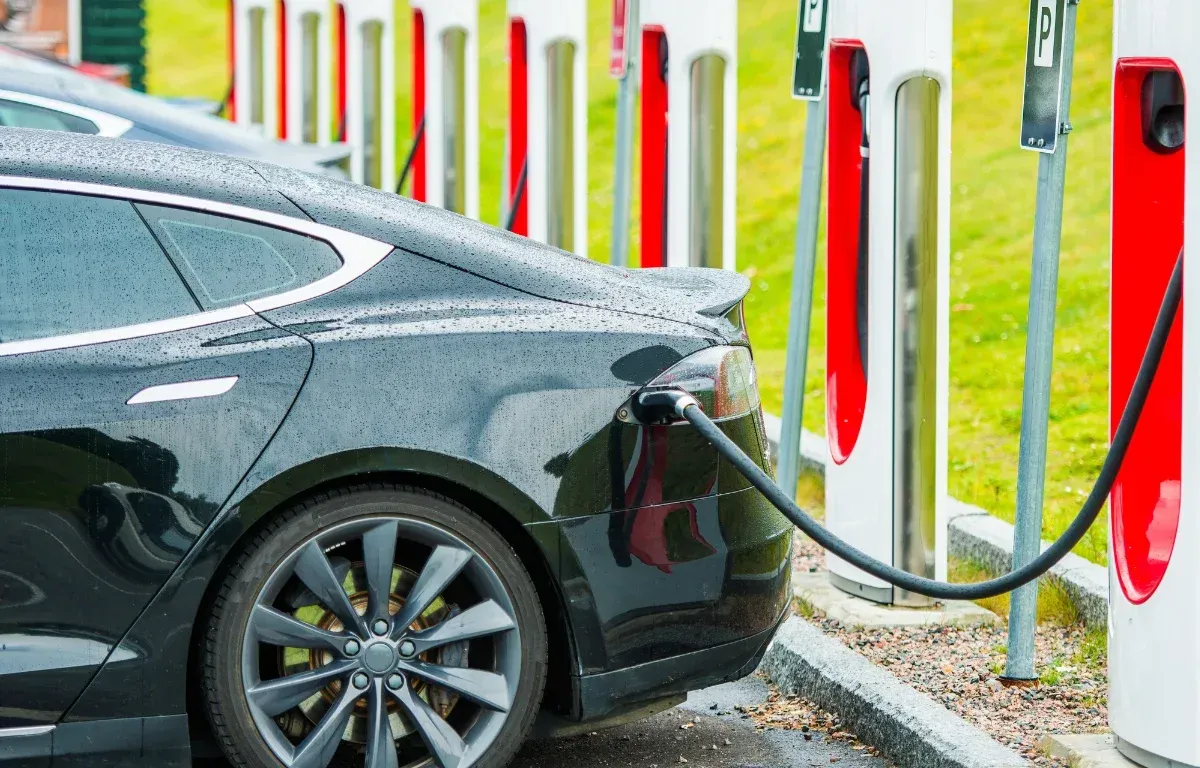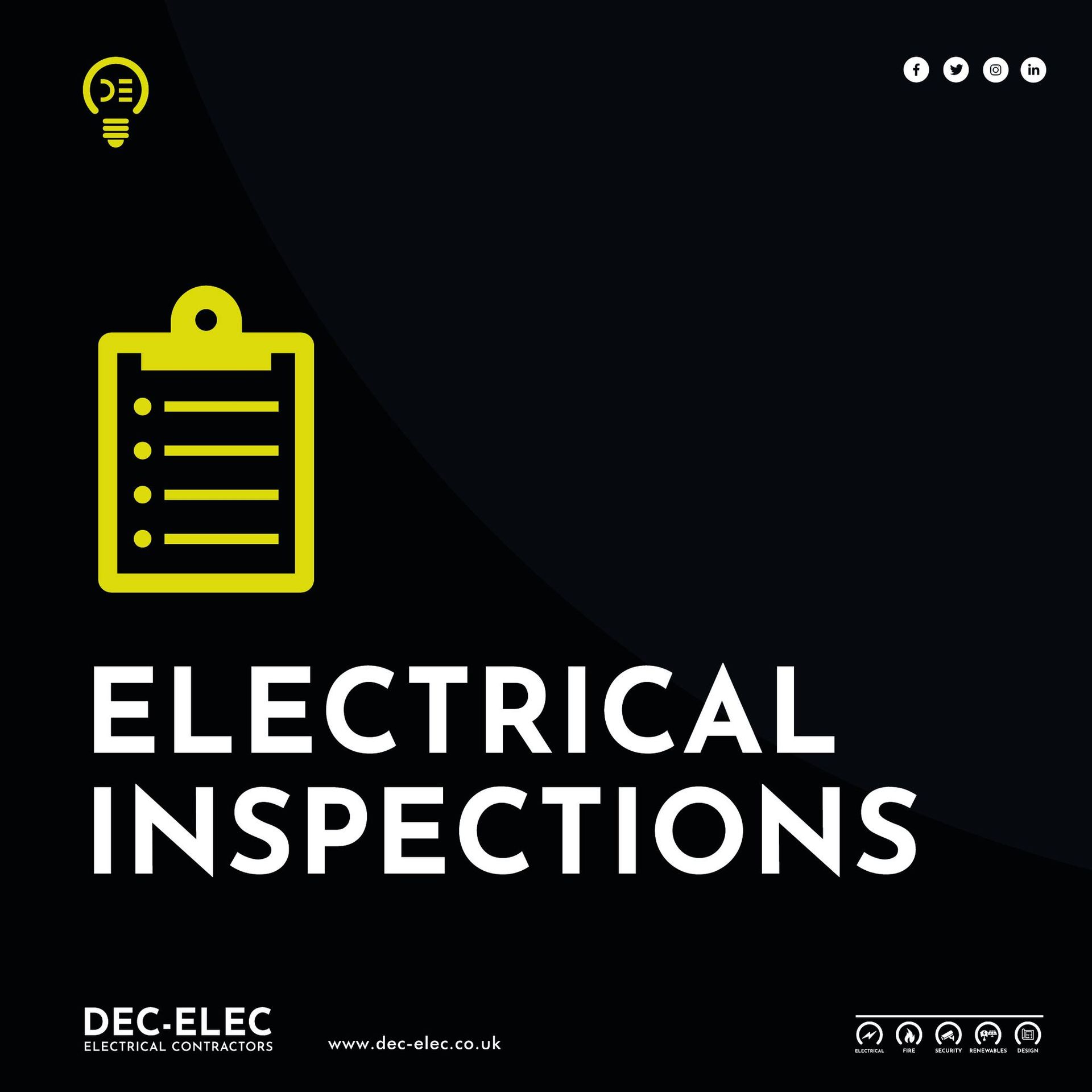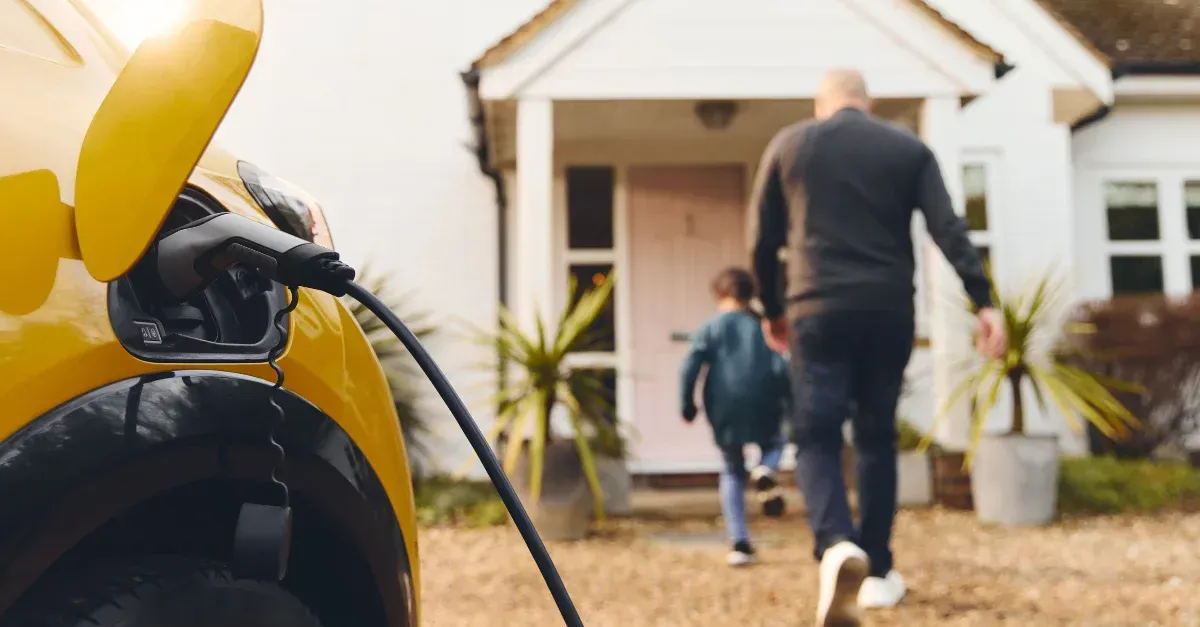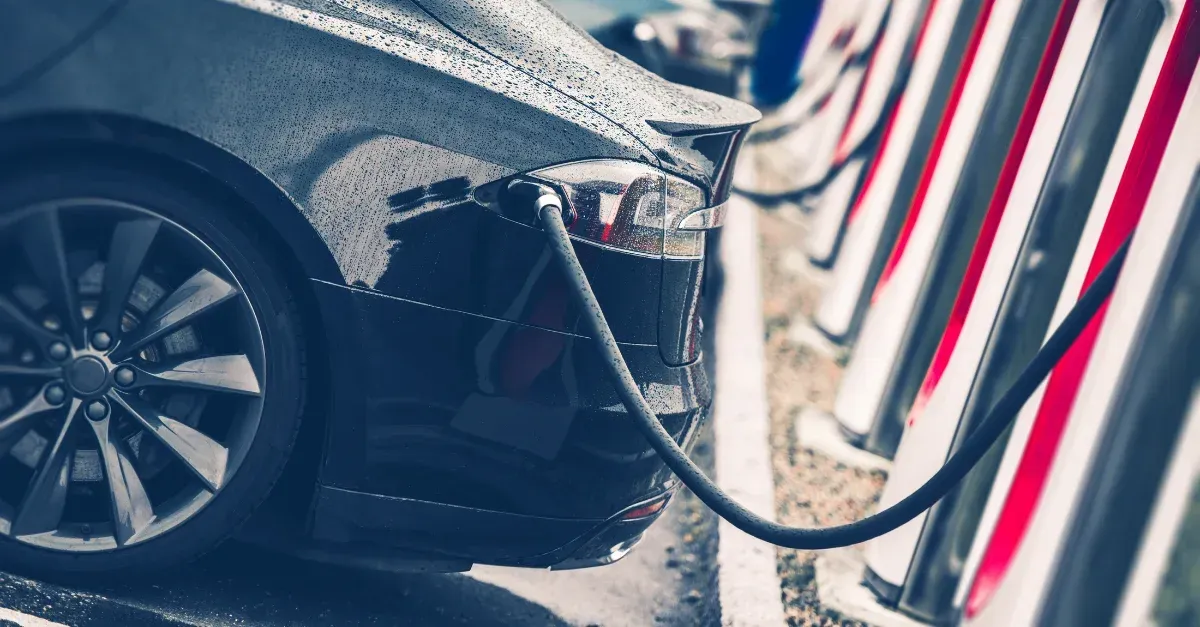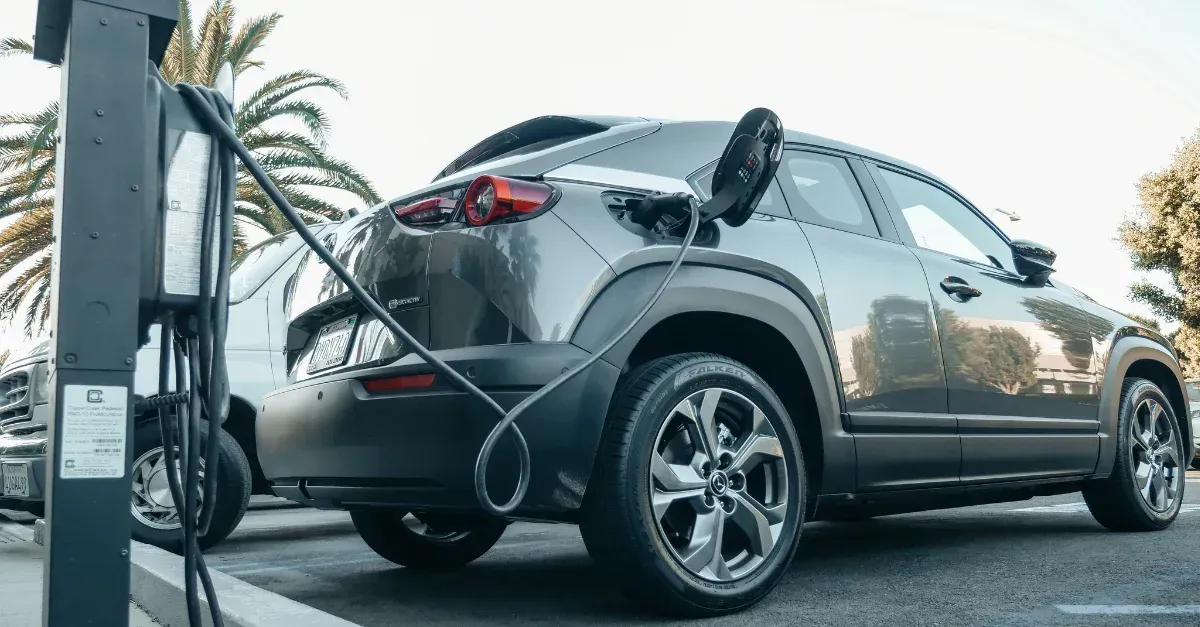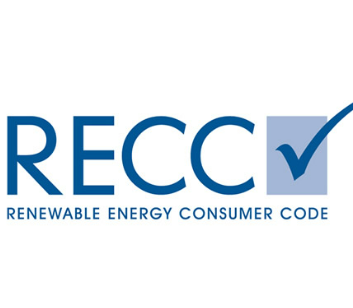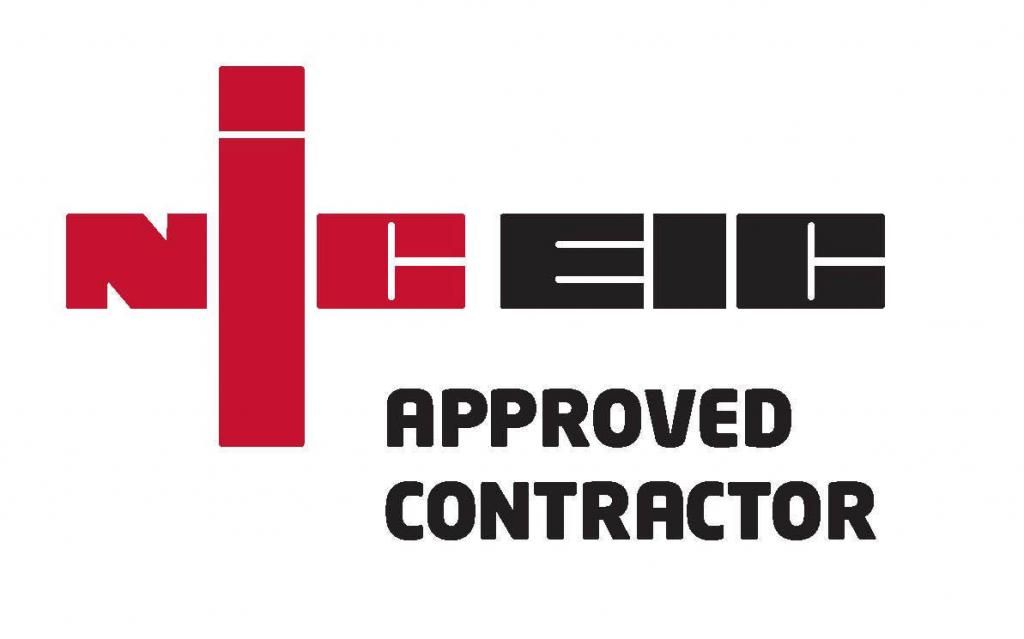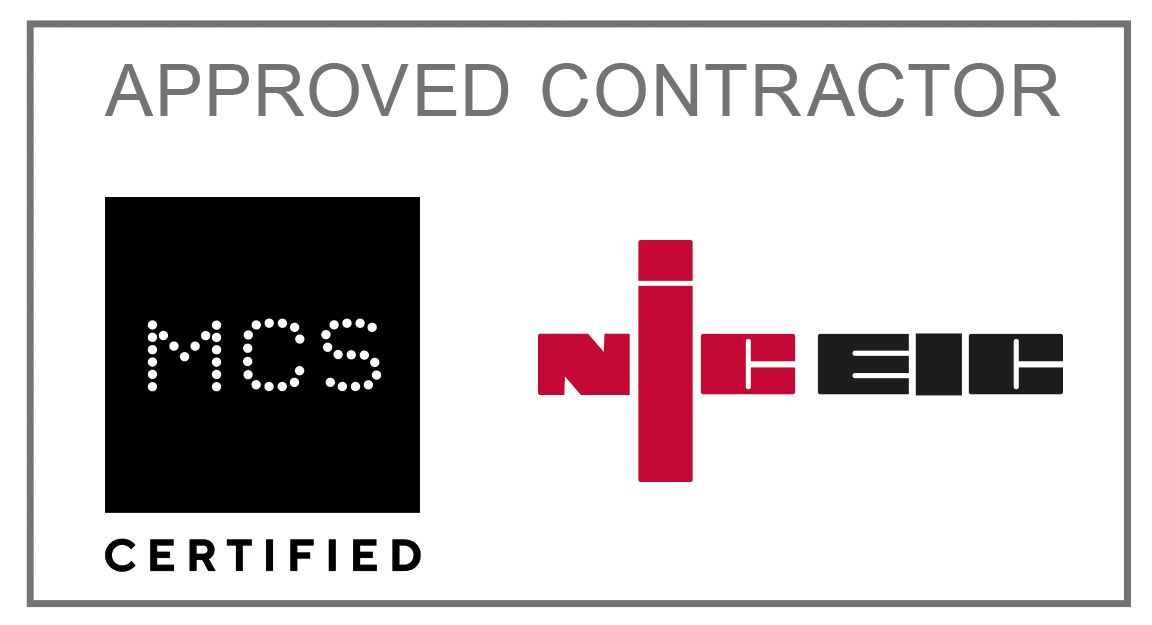How Often Should You Charge a Plug-in Hybrid Electric Vehicle?
Share Post
Plug-In Hybrid Electric Vehicles (PHEVs) combine an electric motor with a traditional engine, offering a flexible approach to reducing fuel use and emissions. But with this flexibility comes a question new PHEV owners often face: how frequently should the vehicle be charged for optimal use?
Contact Dec-Elec for expert Electric Vehicle Charger Installations. Our team is ready to ensure you have the reliable, efficient charging setup your vehicle needs.
Understanding Plug-In Hybrid Electric Vehicles
PHEVs are unique because they can operate on electric power alone, gasoline, or a combination of both. The electric-only range varies by model but is typically sufficient for daily commuting. Charging the vehicle properly is key to making the most of this capability.
Factors Influencing Charging Frequency
Battery Capacity
The size of the battery influences how often you'll need to charge. Larger batteries offer a longer electric-only driving range but take longer to charge.
Daily Mileage
How much you drive each day directly affects your charging routine. If your daily use exceeds the electric-only range, charging every night may be necessary.
Driving Habits
How you drive can also impact battery life. Frequent acceleration and the use of in-car features like air conditioning can drain the battery faster.
Charging Infrastructure
Access to charging stations at home or in public areas can affect how and when you decide to charge your PHEV.
Recommended Charging Practices
Regular Charging vs. Top-Up Charging
Creating a regular charging schedule ensures your vehicle is always ready. However, topping up the battery when possible can keep it within a healthy charge level without needing a full charge.
Night Charging
Charging overnight is convenient and can be more cost-effective, depending on electricity rates. Many PHEVs allow you to schedule charging to take advantage of lower rates.
Battery Management Tips
Avoid letting the battery fully deplete. Keeping the charge between 20% and 80% can help extend the battery's life.
Maximising Efficiency and Longevity
Optimal Charging Levels
Keeping the battery charge between 20% and 80% is often recommended to maintain battery health.
Impact of Temperature
Batteries can be sensitive to extreme temperatures, affecting performance and charging. Using the vehicle’s climate control features wisely can help mitigate these effects.
Vehicle Maintenance
Regular checks and maintenance ensure the vehicle and its battery are in good condition, supporting efficient operation and charging.
The Environmental Benefits of PHEVs
Plug-In Hybrid Electric Vehicles represent a significant step forward in reducing our dependence on fossil fuels and minimising carbon emissions. By blending the capabilities of electric motors with traditional engines, PHEVs offer a practical solution to daily transportation needs while substantially lowering the environmental footprint. When charged regularly, these vehicles can complete most short to medium distances using electric power alone, which emits no pollutants. This capability is particularly beneficial in urban settings, where reducing air pollution is a critical concern. Furthermore, as the electricity grid becomes greener through the incorporation of renewable energy sources, the overall environmental impact of charging and driving PHEVs continues to decrease. By opting for a PHEV and committing to regular charging, drivers can play a part in this eco-friendly transition.
Charging a PHEV doesn't have to be complicated. By understanding your vehicle's needs and how your daily routine impacts its battery, you can develop a charging routine that supports your lifestyle. It's about finding the right balance between maintaining battery health and ensuring your vehicle is always ready when you need it.
Speak to the team at Dec-Elec for Electric Vehicle Charger Installations. For an efficient charging setup customised to meet your EV needs, reach out to us today.
RECENT POSTS
